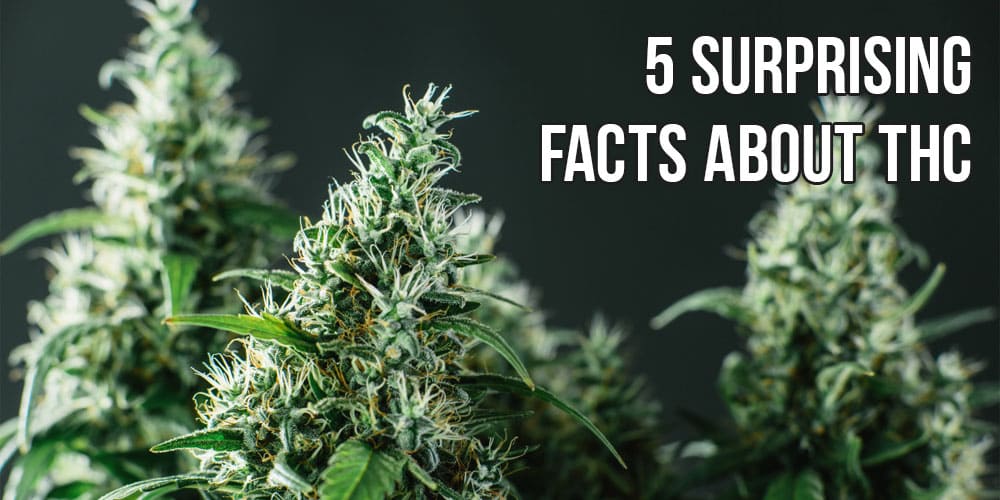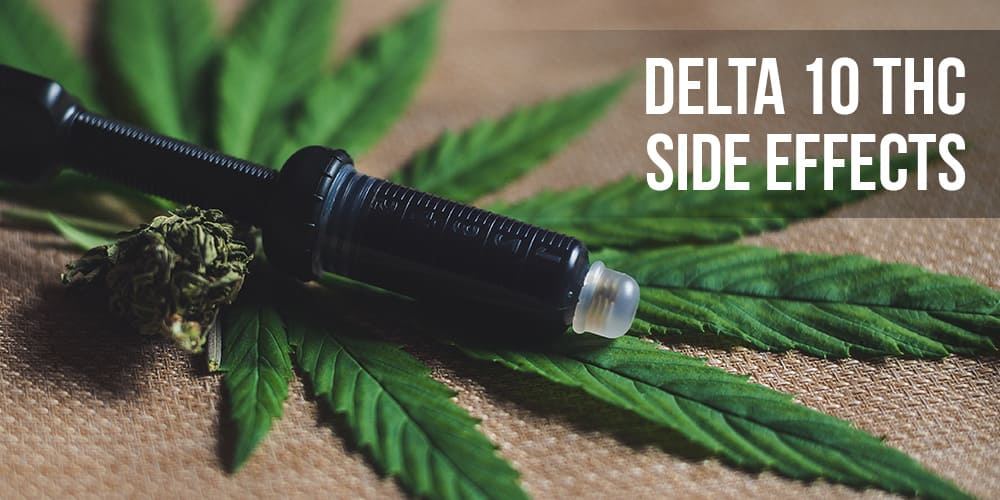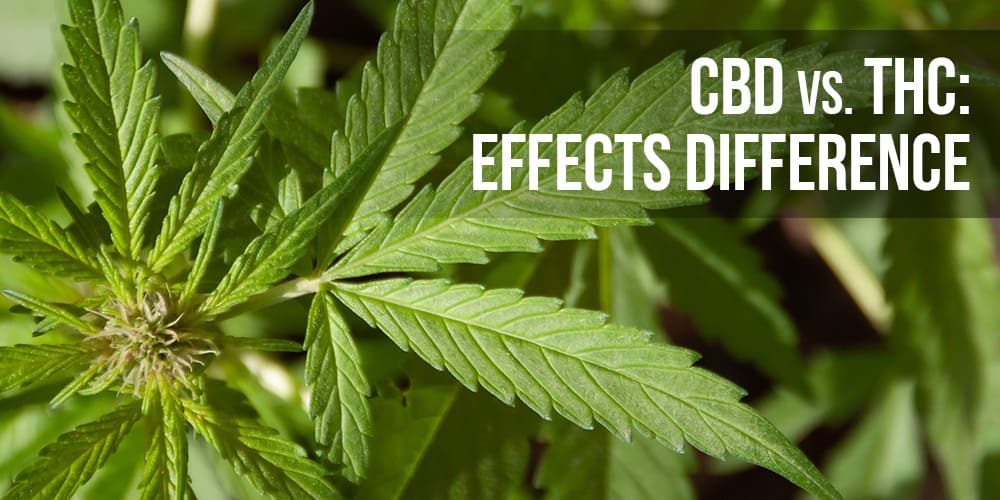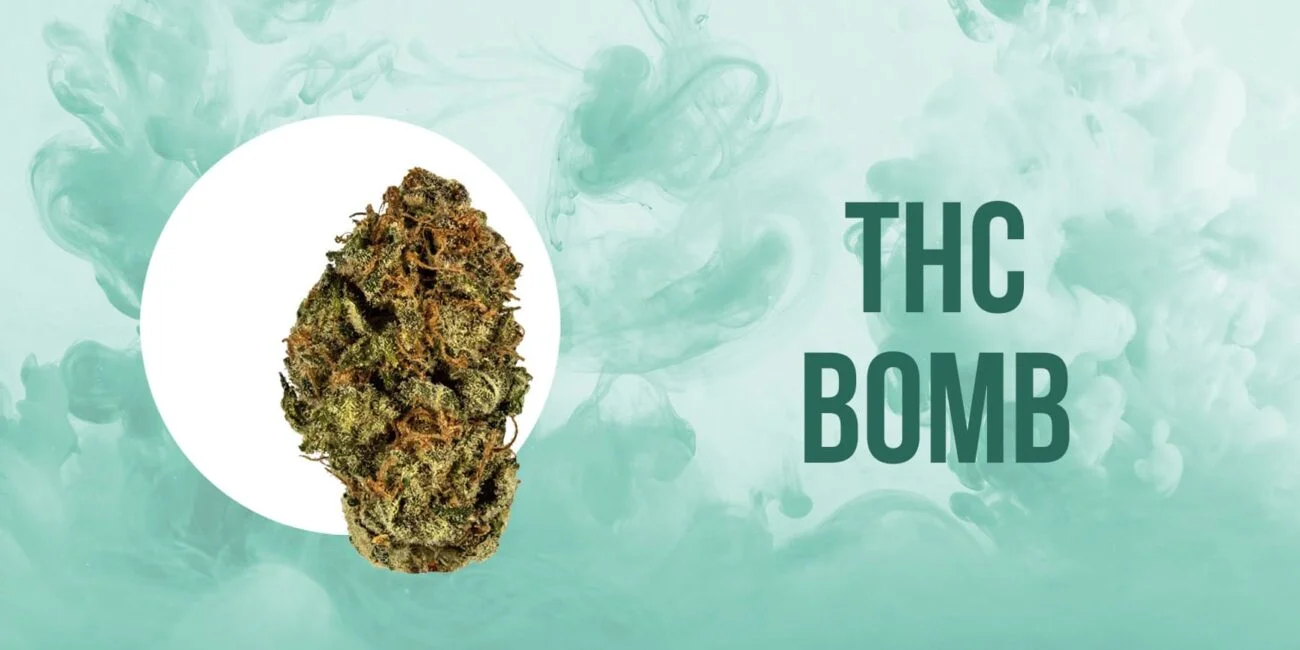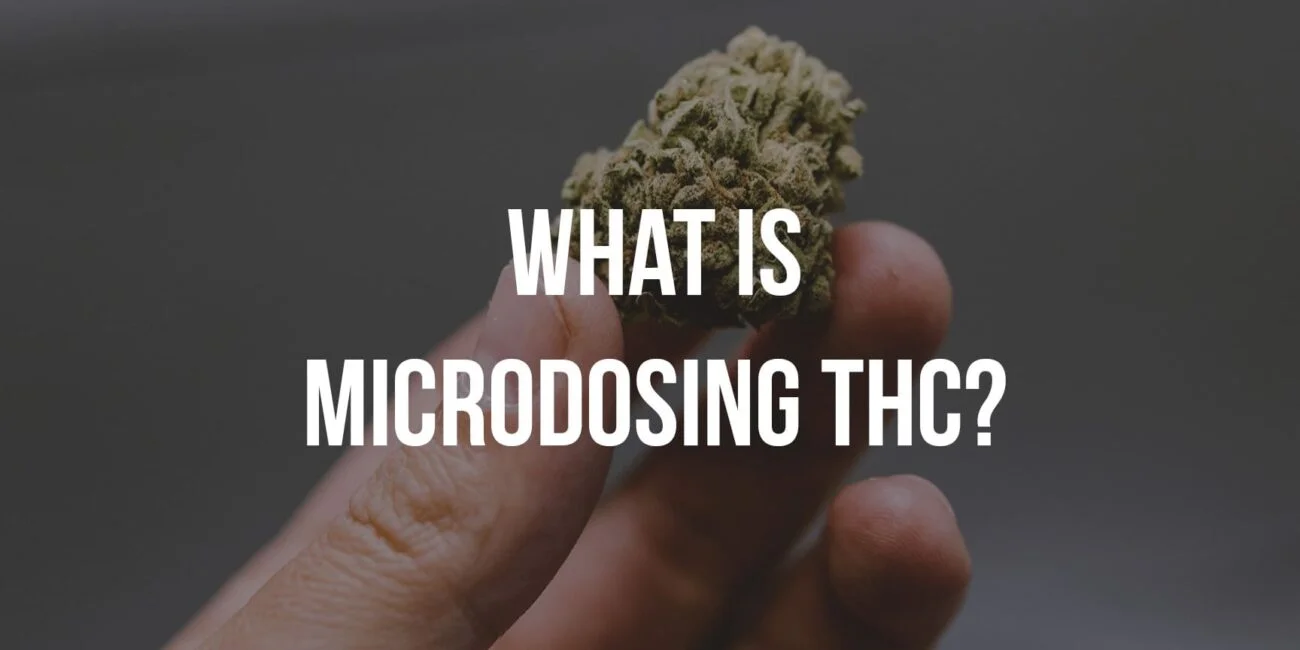Tetrahydrocannabinol, the main psychoactive compound in cannabis, has been a subject of fascination and controversy for decades. While many are familiar with its basic effects, there are several lesser-known aspects that might surprise even seasoned cannabis enthusiasts. This article delves into five intriguing and less-discussed facts about THC, shedding light on its legal status, chemical behavior, safety profile, and interaction with food.
- What does THC do to the brain?
- 50-Year Evolution of Cannabis THC Levels
- How to lower your THC tolerance?
THC’s Legal Status: Only Fully Legal in Two Countries

Despite the growing global trend towards cannabis legalization, THC is fully legal in only two countries: Canada and Uruguay. This fact is particularly striking given the widespread use and acceptance of cannabis in various cultures and societies. Canada took a significant step by legalizing cannabis for recreational use in 2018, demonstrating progressive attitudes towards this issue. Before Canada, Uruguay led the way by legalizing cannabis in 2013, marking a historic move in global drug policy.
However, despite these developments, THC remains a controlled substance in most other countries. The approach to cannabis regulation varies widely, with some nations adopting decriminalization while others maintain strict prohibitions. This patchwork of legality reflects the complex and often controversial status of cannabis on the international stage. The debate over cannabis legalization continues to evolve, influenced by social, legal, and cultural factors.
Enjoy the sweet essence of Dolce Melon Mini Joints, infused for a swift, discreet smoking experience. These premium cannabis joints stand out with their vibrant packaging, making them a recognizable and delightful choice for quick, on-the-go indulgence.
THC’s Transformation: Degradation into Another Cannabinoid
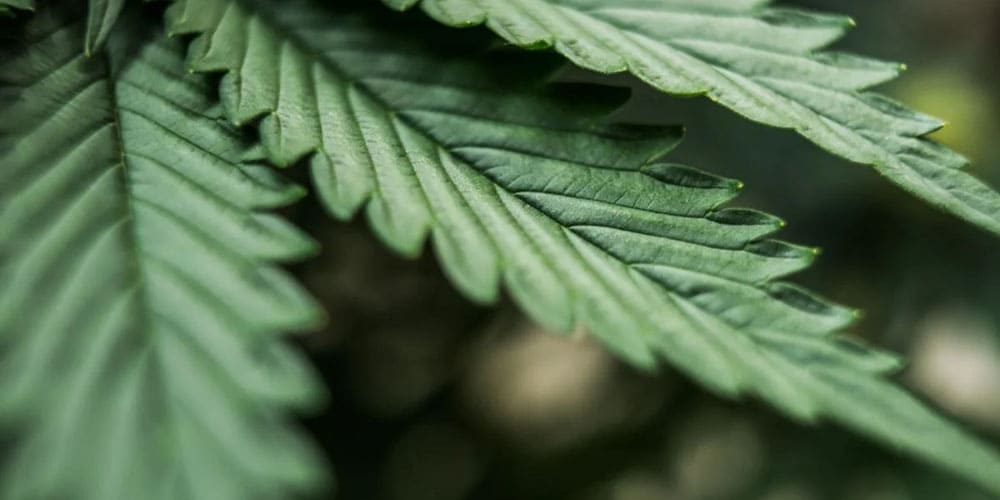
One of the lesser-known aspects of THC, or tetrahydrocannabinol, is its ability to transform into another cannabinoid, known as cannabinol (CBN), when it degrades. This change typically occurs over time or under improper storage conditions, such as exposure to heat, light, or air. THC, renowned for its psychoactive properties, gradually loses its potency and transforms, affecting its characteristics and the experience for the user. This transformation is significant in understanding the shelf life and potency of cannabis products.
The conversion from THC to CBN is primarily a result of the oxidation process, where THC loses hydrogen molecules. This chemical alteration leads to a shift in its molecular structure and, consequently, its effects. While THC is primarily associated with its psychoactive effects, the resultant CBN tends to manifest different properties. These changes are critical in the context of medicinal and recreational use of cannabis, impacting its effectiveness and user experience.
CBN, often found in aged cannabis, is more commonly associated with sedative effects, unlike the stimulating psychoactive effects of THC. As THC degrades into CBN, the compound’s impact on users becomes markedly different, shifting from psychoactive stimulation to a more sedative experience. This knowledge of cannabinoid transformation is essential in cannabis research, influencing how cannabis products are stored, aged, and utilized for therapeutic purposes. It highlights the evolving understanding of cannabis compounds and their diverse effects.
Safety Profile: No Recorded Deaths from THC Consumption
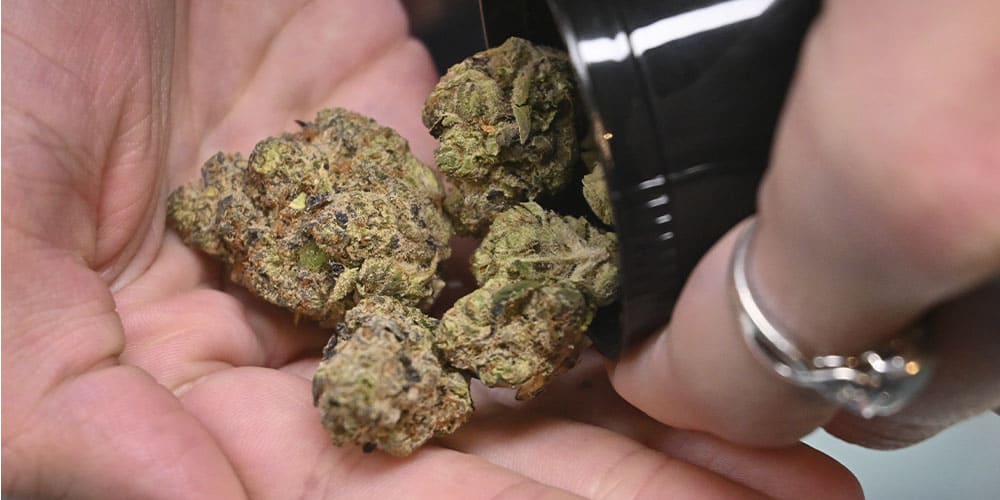
A surprising fact to many is that there have been no recorded deaths directly attributed to THC consumption. This safety profile stands out, particularly when compared to other substances such as alcohol or prescription drugs. THC’s low toxicity level plays a significant role in this context. The human body can tolerate even high doses of THC, making the risk of a lethal overdose exceptionally rare. This aspect of THC is essential in the ongoing discussions about its safety and legalization.
However, it’s crucial to acknowledge that while THC itself may not be directly lethal, its consumption does have potential risks. THC can impair judgment and motor skills, which can lead to dangerous situations, especially in activities like driving or operating heavy machinery. These risks underscore the importance of responsible use and understanding THC’s effects on cognitive and motor functions. It highlights the need for balanced perspectives when considering THC’s overall safety profile.
Discover the enigmatic Magic Eye 7 Diamond Infused Mini Joints. With a terpene profile rich in sweet, berry, and herbal notes, it offers a delightful sensory experience. Ideal for evening use, these joints are perfect for alleviating stress and inducing restful sleep.
Fresh THC: Non-Intoxicating in Its Raw Form
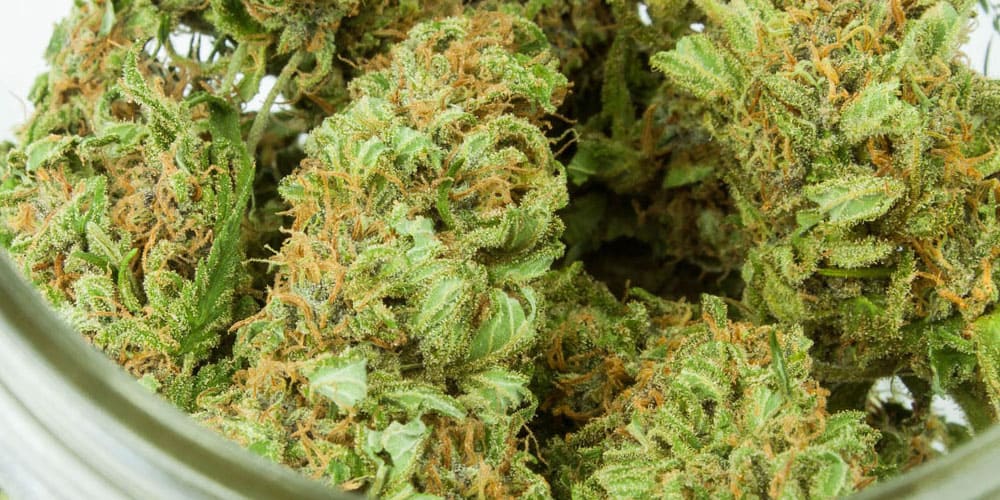
THC, commonly associated with its intoxicating effects, is actually non-intoxicating in its fresh state, a fact often overlooked. In freshly harvested cannabis plants, THC exists in a different form, known as THCA. This precursor to THC does not produce the psychoactive effects for which THC is famous. The raw form of cannabis, containing THCA, is gaining attention for its unique properties, separate from the effects of traditional cannabis consumption.
The transformation of THCA into THC occurs through a process known as decarboxylation. This chemical change happens when cannabis is exposed to heat, such as during smoking, vaping, or cooking. Decarboxylation converts THCA into THC, activating its psychoactive properties. Understanding this process is crucial for those using cannabis, whether for recreational or medicinal purposes, as it influences the effects experienced.
Due to this characteristic, raw cannabis has become increasingly popular in culinary applications and among individuals seeking the plant’s therapeutic benefits without the psychoactive high. Incorporating raw cannabis into food or health supplements allows users to access the potential benefits of THCA. This trend reflects a growing interest in the various compounds found in cannabis and their distinct effects on the human body, highlighting the plant’s versatility beyond its intoxicating attributes.
Enhanced Absorption: Interaction with Certain Foods

The absorption and subsequent effect of THC in the body can be significantly influenced by certain types of foods, a fact that often surprises many. Foods rich in fatty acids, such as nuts, avocados, and eggs, have the ability to enhance the absorption of THC. This is particularly important for those using cannabis, as the way THC interacts with various foods can alter its effects. The impact of these foods is most notable when THC is consumed in edible form, where its interaction with different ingredients can vary the experience.
THC is fat-soluble, which means it binds easily to fat molecules. When THC is consumed along with high-fat foods, it becomes more effectively absorbed by the body. The fat acts as a carrier, facilitating a more efficient transition of THC into the bloodstream. This increased absorption can lead to more potent and longer-lasting effects from THC. Understanding this property of THC is crucial for individuals who use cannabis, especially in edible forms, as it can greatly affect the intensity and duration of the experience.
This fact is particularly relevant for those consuming cannabis edibles. The choice of accompanying foods can significantly alter the potency and overall experience of THC. For example, an edible consumed with a high-fat meal may result in a stronger and more prolonged effect compared to one taken on an empty stomach or with low-fat foods. This knowledge is important for both recreational users and patients using medical cannabis, as it can be used to tailor the effects of THC to their needs and expectations, ensuring a more controlled and enjoyable experience.
Explore the potent indica effects of Crazy Berry Mini Joints. Designed for those seeking deep pain relief, it offers a narcotic body high. Enjoy the long-lasting sweet citrus flavors and a robust berry scent, making it a top pick for cannabis aficionados.

